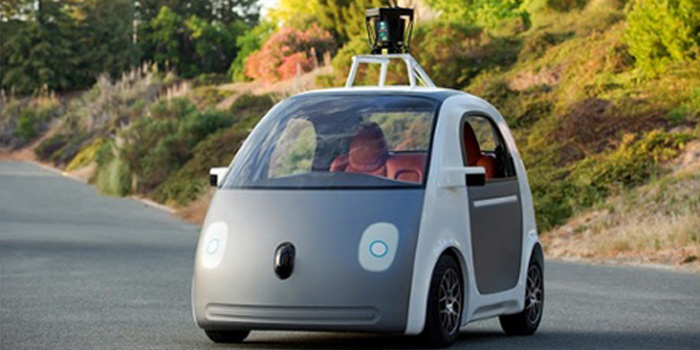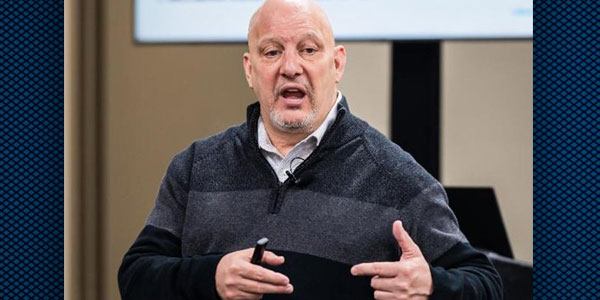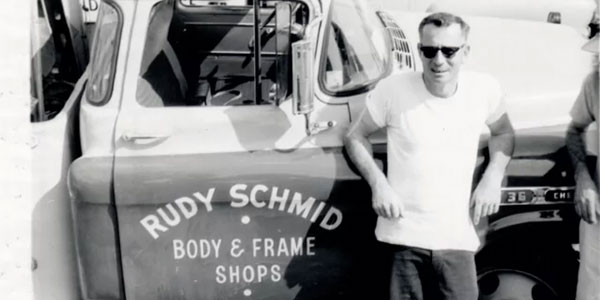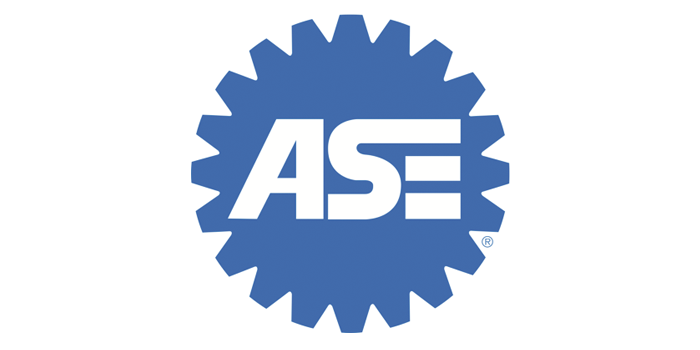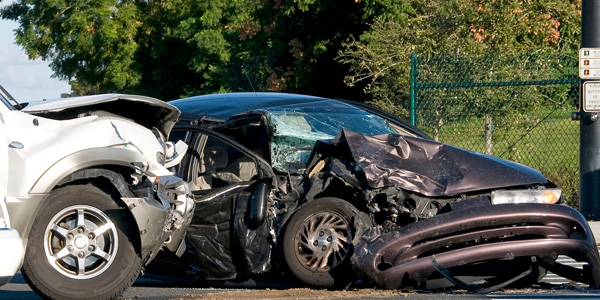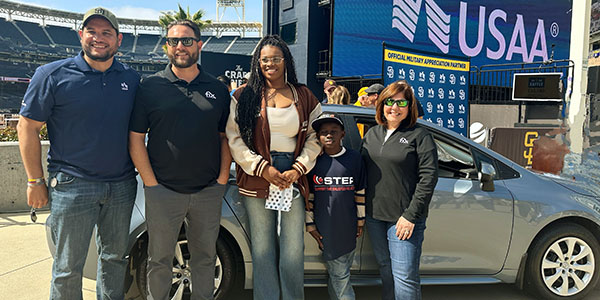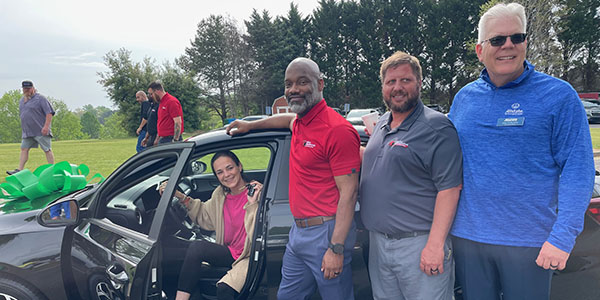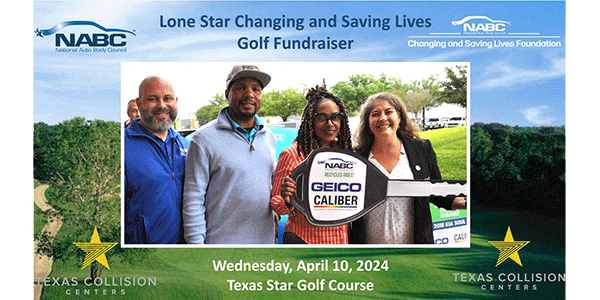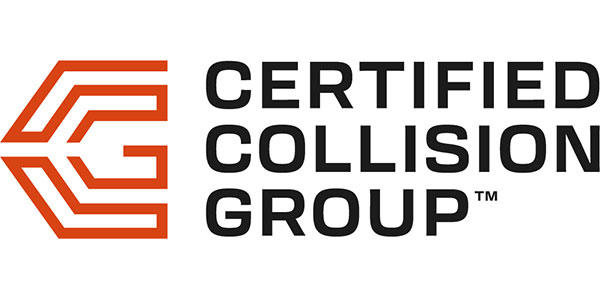Consumer Watchdog called on the California Department of Motor Vehicles on Nov. 20th to rebuff pressure from Google and continue at a deliberate pace to ensure regulations covering robot cars protect public safety.
“Google may have its foot on the accelerator pedal in its mad drive to develop robot cars, but the DMV has admirably served as traffic cop and set reasonable limits that have genuinely protected public safety,” wrote John M. Simpson, Consumer Watchdog Privacy Project director, in a letter to the DMV. “We call on you to stay on this responsible course and put public safety first.”
Consumer Watchdog’s letter came after an AP report that said Google is frustrated with the DMV’s pace at crafting regulations covering the public use of robot cars. Regulations are already in place covering the 10 companies currently testing robot cars on California’s public roads.
“We commend the DMV for its thoughtful and thorough approach, and urge that you continue to act in the public’s interest, rather than succumbing to corporate pressure. It is imperative that the DMV reject the Internet giant’s self-serving lobbying,” the letter said. “Quite correctly, your department is acting at a deliberate pace to ensure that autonomous vehicle regulations for public use adequately protect our safety. The important thing is getting the regulations right, not rushing them out the door.”
The testing rules have important safeguards, but should still be improved, Consumer Watchdog said: “As you know, Consumer Watchdog has petitioned the department to amend the testing rules to require that police investigate any robot car crash. We also ask that the rules require copies of any technical data and video associated with a robot car crash be turned over to the department. We look forward to a positive response to our petition.”
In developing the public use regulations, Consumer Watchdog said it is important to remember that the current testing regulations require that companies file “disengagement reports” covering all times and circumstances when a human driver had to take control of a vehicle being tested. The public interest group said those reports covering the period from September 2014 through Nov. 30th are due on Jan. 1st and should be made public.
“The disengagement reports will undoubtedly help guide the drafting of the regulations for the public use of robot cars,” Consumer Watchdog’s letter said. “Just as is required in the testing regulations, the public rules should require a steering wheel and brake pedal and a human driver capable of taking over when necessary.”
Consumer Watchdog states that another factor that must be considered in developing the rules is the way the robot cars interact with human drivers. Increasingly, including the Google crash report posted on the DMV website this week, there is mounting evidence that the robot cars don’t behave the way humans expect.
Consumer Watchdog’s letter outlined what it called a clear and deliberate way forward to develop appropriate regulations covering the public use of robot cars that truly protect our safety.
“When the DMV believes it is ready, it will be appropriate for the department to release tentative draft regulations that can be studied by all stakeholders. The draft regulations should then be the subject of scrutiny and discussion at a public workshop where all interested parties can participate. Based on input from that public workshop and the disengagement reports, the DMV should then be in a position to write and issue proposed regulations covering public use of autonomous vehicles. Once those proposed regulations are released to the public, the formal approval process would begin with a public hearing 45 days later. When finally adopted, the new rules would presumably take effect 180 days later.”

